1. Do Crew Members Have Secret Signals?
Let's face it, there's a lot of time and energy that goes into flying, and we're sure you've had tons of questions run through your mind about what ACTUALLY goes on during your flight with the flight staff or what secrets they're holding. Have you ever wondered if pilots stay awake the whole flight? Or, what about if anyone's touched your complimentary pillow?
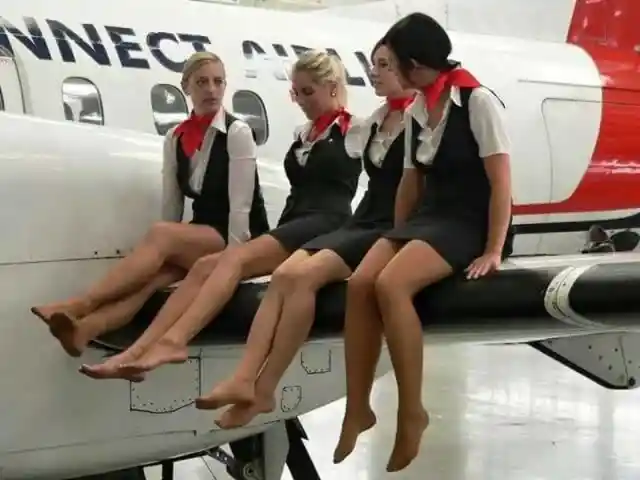
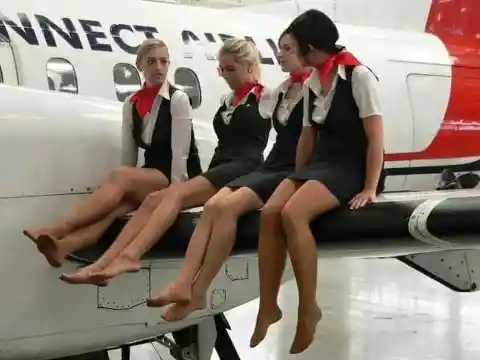
(Spoiler: yes, they have). Everyone has wondered about the behind-the-scene details about flying, and we're here to finally answer your questions, either because they're incredible useful, or incredibly gross. That being said, be prepared to think about flying from an ENTIRELY different perspective.
Airline crew have a lot of responsibilities, and sometimes they might need to convey information without any passengers eavesdropping on what's going on. It's confirmed that they DO have a system, but it's not AS exciting as you might think. One flight attendant who wanted to stay strictly anonymous confirmed for us that "The different chimes on different aircrafts mean different things".
2. Dimmed Lights Are Meant To Prepare You For Evacuating, Not Sleeping
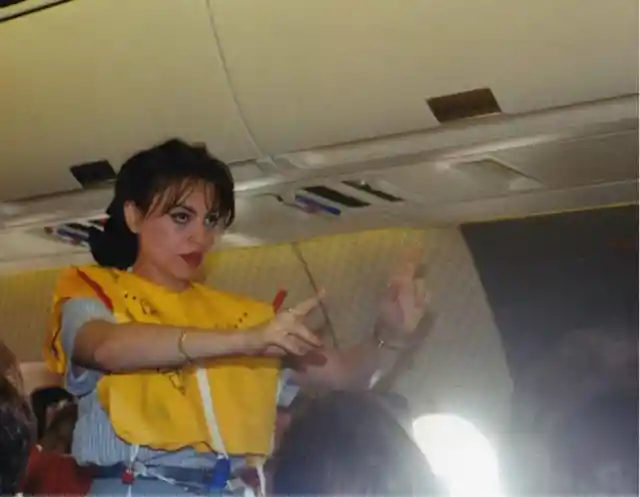
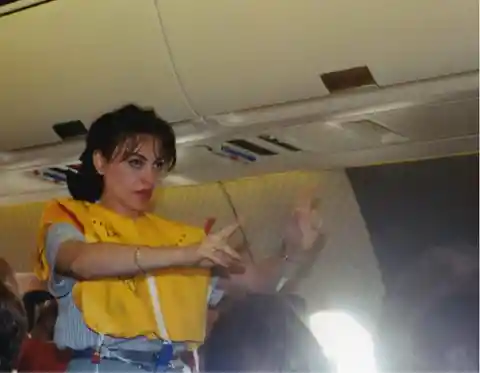
Those "dings" you hear during the first and last stages of flying lets the flight crews know that the most dangerous parts of the journey are over, (that being the first and last 10,000 feet of flying). There are other bells that go off when there is an emergency or a call between members of the flight crew. There are also signals for severe turbulence.
Our behind the scenes flight attendant claimed that, "When a plane is landing at night, they dim the interior lights incase you need to evacuate upon landing...your eyes are already adjusted to the darkness so you'll be able to see better once outside the plane." Also best to keep in mind that the FAA does not govern the hygiene of airlines.
3. Those Blankets You're Using? Not Been Washed. Your Tray Table? Probably Has Poo On It.
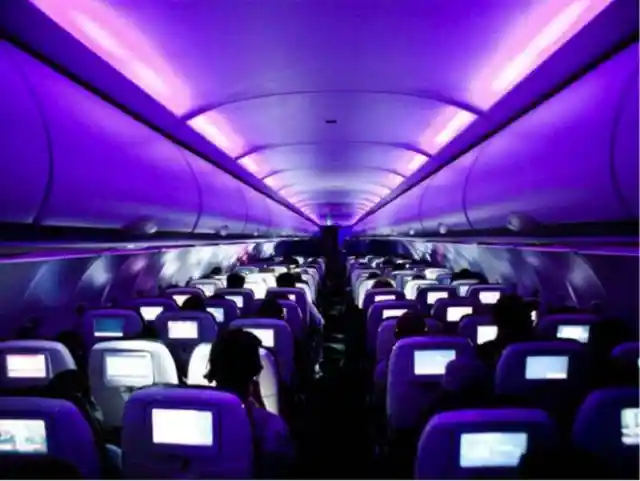
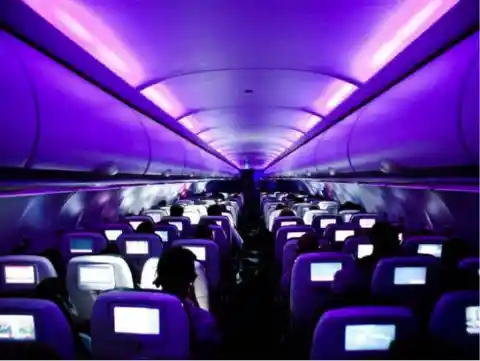
WELL, looks like we're never flying at night again.
A flight attendant that works for Southwest Airlines explains, "Those blankets and pillows? Yeah, those just get refolded and stuffed back in the bins between flights. Only fresh ones I ever saw were on an originating first flight in the morning in a provisioning city. Also, if you have ever spread your peanuts on your tray and eaten, or really just touched your tray at all, you have more than likely ingested baby poo.
4. Pilots Fall Asleep While Flying
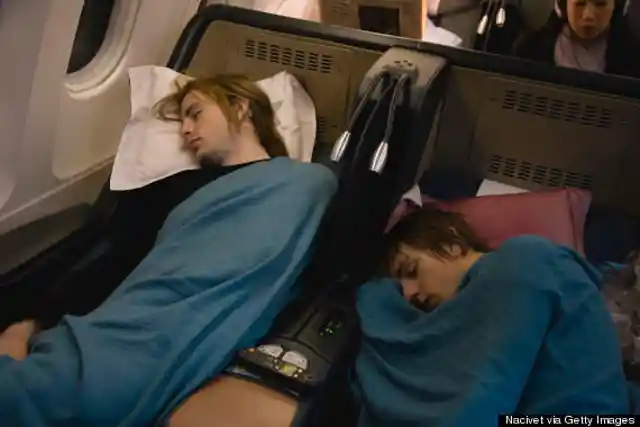
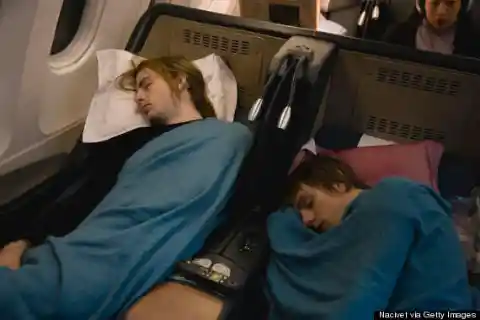
I saw more dirty diapers laid out on those trays than food. And those trays, yeah, never saw them cleaned or sanitized." Active flight attendant and Huffpost blogger told us that in her airline's coach class, freshly washed blankets are only supplied to the first flights of the day; after that they're just folded and re-used. She also stated that the tray tables are cleaned only "about once a day, usually when the aircraft RONS (remains overnight)." BRB buying a jumbo pack of sanitation wipes to take with us on every flight.
It's confirmed that at least between 43 to 54 percent of pilots surveyed in the U.K, Norway, and Sweden admitted to falling asleep while flying a passenger plane.
5. What About The Mile High Club?
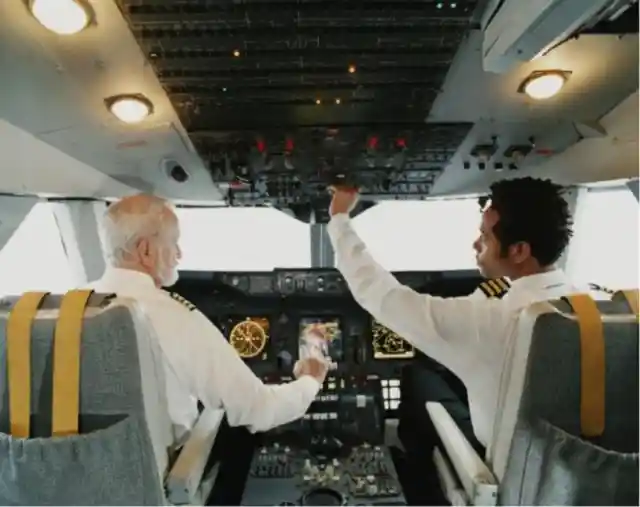
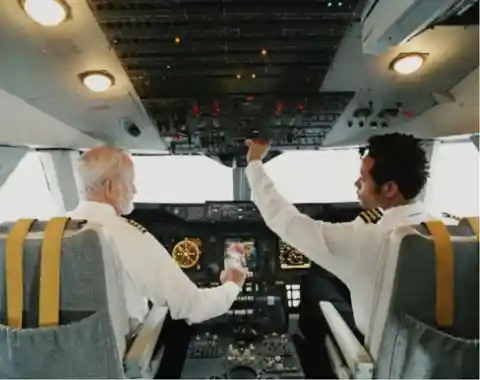
Seasoned flight attendant, Tracy Christoph says that on "longer flights, pilots are assigned to take rest periods while their co-pilot mans the controls." However, about half of pilots in a recent survey claimed that they had indeed fallen asleep "involuntarily" during a flight.
It's been a fantasy since the first flight took to the skies; an illicit situation in the restroom of the plane. Becoming a member of the Mile High cult could warrant you a badge of honor....or just a walk or shame.
6. You're Probably Being Assessed As The Crew Greets You At The Plane Door


Being caught having sex in the toilets of a commercial airplane has legal connotations of indecent exposure and interfering with cabin control. Maybe think twice before you indulge in this fantasy.
The crew undergoes training that make them specialists in reading the crowd. Not only is the door greeting an important part of customer service, it also allows the crew to spot a passenger who will probably need their attention later in the flight.
7. Is The Crew Eating The Same As The Passengers?
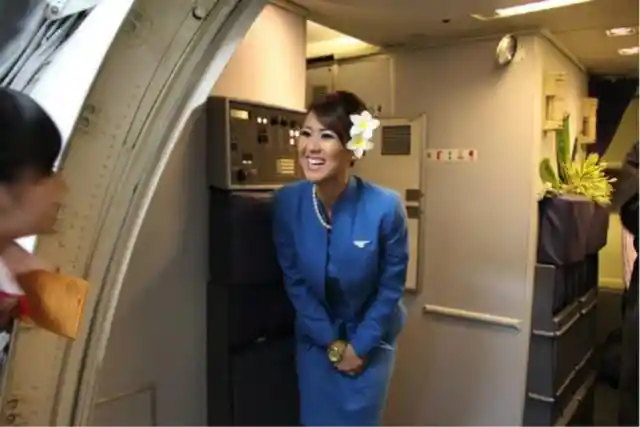
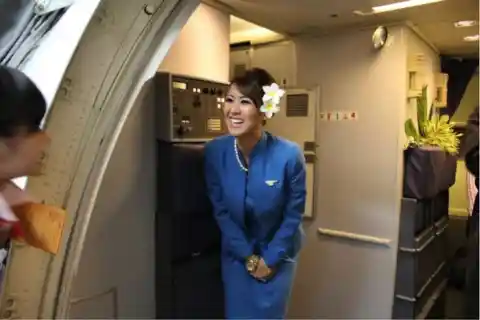
For example, those who are unwell, disabled, extremely nervous, or extremely intoxicated. They're also assessing the attitudes of the passengers, like those you would be helpful during an emergency or those who could be a possible handful.
The Cabin Crew and Pilots do have a separate meal from the passengers, but they often opt out and bring their own food on board as a daily diet of airline food is not ideal for their lifestyle of long hours and jet lag. Another reason? They don't want to get food poisoning.
8. How Drunk Are You Allowed To Get On a Flight?
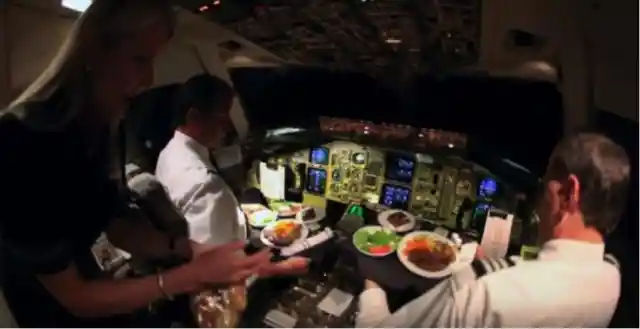
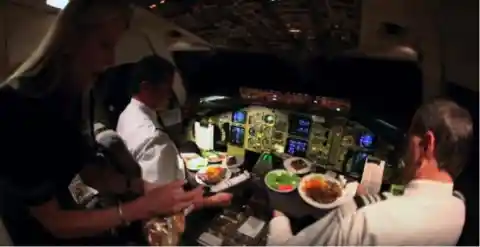
A queasy passenger is bad, but imagine a queasy pilot? Totally not concerning at all.
If you don't care about being the reason a flight needs to be rerouted, maybe you'll care about a possible two-year jail sentence. Being found guilty of being drunk on a plane is illegal and it also an offense for a Flight Attendant to continue to serve you once intoxicated.
9. How Much Oxygen is In The Masks, and Are They Ever Checked?
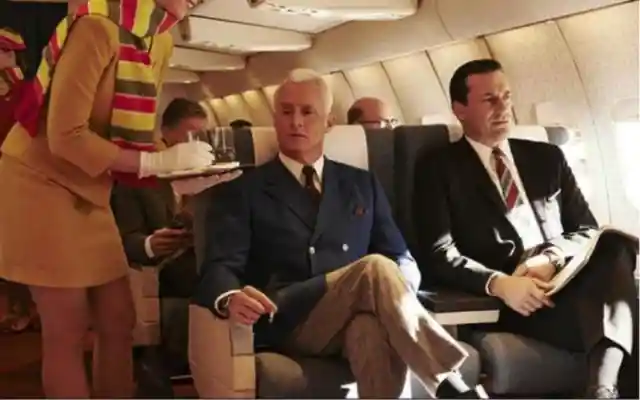
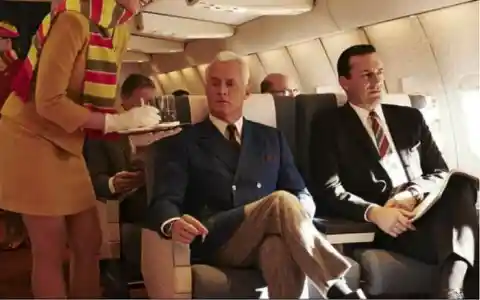
It's also proven that the cabin pressure has been known to increase the effects of alcohol, so it might be wise to take it easy.
You would think that the oxygen masks above your head are checked as part of the normal check of daily cabin schedules and would have never been deployed.
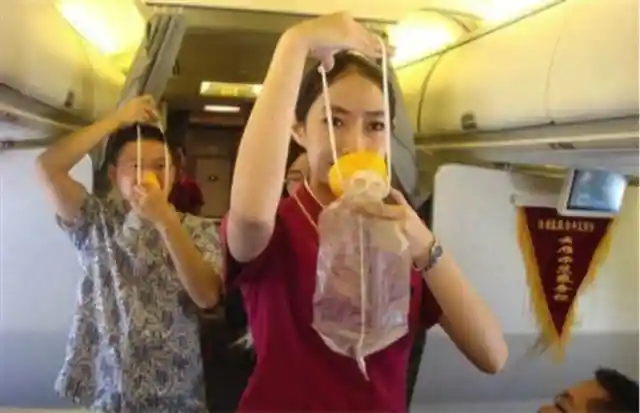
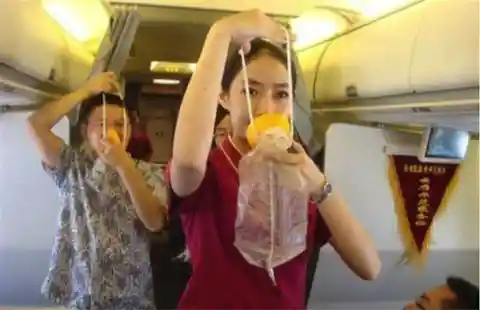
However, should they be needed, you can expect them to give you at least 15 minutes of oxygen, which may not seem like a long time, but in reality it's enough time for a plane to drop to an altitude where cabin pressure will allow normal cabin breathing.